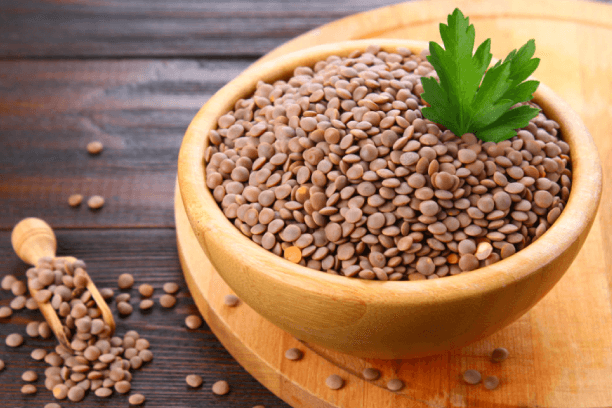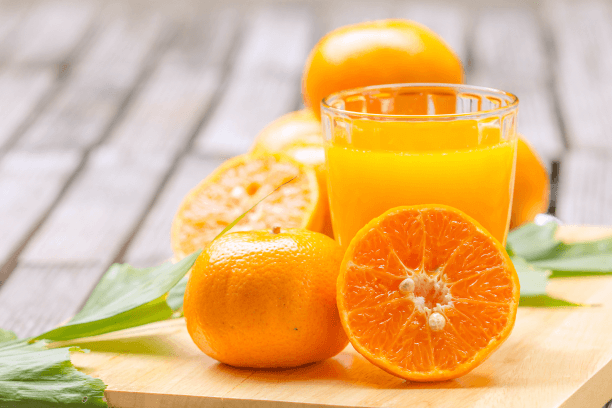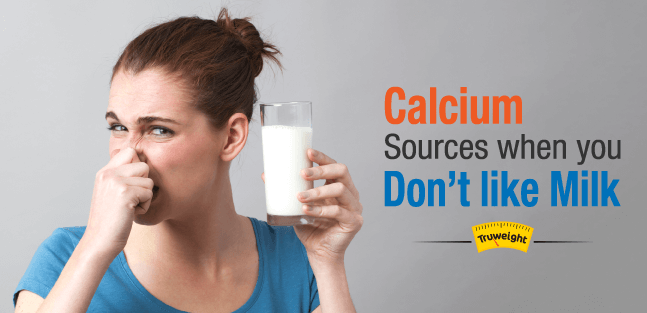Food & Nutrition, Health
10 Calcium Rich Food To Try If You Do Not Like Milk
Calcium is an important nutrient for the body. The body has calcium in abundance as compared to other minerals.
Calcium helps in keeping your teeth and bones strong and also plays an important role in keeping muscle function, heart and nerve signalling healthy.[1]
It has been recommended that an adult body requires 1,000 mg of calcium per day while women over 50 and people over 70 require 1,200 mg of calcium per day. Children require slightly higher calcium dosage which is around 1300 mg per day.
Many dairy products such as milk, cheese, yogurt are rich in calcium, however, not everyone likes the smell of milk. In that case, they can go for alternative options and other non-dairy products which are rich in calcium.
Here are a few foods that are rich in calcium and can help you get your required calcium amount.
1. Seeds
You can opt for seeds as they are rich in calcium. Poppy seeds, sesame seeds, chia seeds are some of the seeds with high calcium. 15g of sesame seeds has around 22 mg of calcium while 1 ounce of chia seeds has around 177 mg of calcium.
Not only this, but they also provide protein and healthy fats.
2. Cheese
We often think cheese is unhealthy but if we eat the right ones we will get our calcium dosage. Parmesan cheese has around 331mg of calcium.
Softer cheese has a lower content of calcium. Also, the body is able to digest calcium easily from dairy products rather than plant sources. Cottage cheese is rich in proteins as well.
3. Yogurt
Yogurt is the best alternative to milk. It is rich in probiotic bacteria which has many health benefits. Around 245 grams of yogurt has 30% calcium, along with potassium, phosphorus, and vitamins B2 and B12.
If a person is worried about fat, they can go for low-fat yoghurt which also has a higher content of calcium. Greek yoghurt may not be a good idea as it has more proteins and less calcium.
Apart from being a good source of calcium, yoghurt has many health benefits. A new study by the American Journal of Hypertension has suggested that people who eat yoghurt on a daily basis have a lower risk of getting heart diseases.
4. Beans and Lentils
Beans and lentils are full of fiber, protein, and micro-nutrients. Not only this, but they also provide iron, zinc, folate, magnesium, and potassium. It also helps in reducing cholesterol levels and type 2 diabetes.
White beans are a great choice for getting the required amount of calcium. As an added advantage, they also taste delicious.

Just half a cup of white beans provide around 100 grams of calcium. White beans also have detoxifying properties and fall under the low glycaemic index category.
5. Almonds
Nuts are healthy and essential for the body. Almonds have the highest content of calcium. In addition to calcium, it also provides healthy fats, protein, magnesium, manganese, and vitamin E.
Studies have found that almonds can help in reducing cholesterol levels by 3%.
6. Green Leafy Vegetables
Green leafy vegetables are incredibly rich in calcium. Spinach has a high content of calcium as well as iron. Collard greens, kale are also high in calcium.
However, some of these vegetables are high in oxalate. It binds to the calcium and doesn’t allow the body to absorb all the amount of calcium. So in spinach, a lot of calcium is unavailable for absorption by the body.[2]
Broccoli florets are also a good source of calcium. They are good for the immune system as well as it boosts vitamin C, vitamin K which strengthens the bones and folate which helps in cell growth and reproduction.
7. Figs
Figs are one of the best dry fruits that contain a high amount of calcium. They are also rich in fibre as well as antioxidants. 28 grams of dried figs provide around 5 per cent of calcium. Also, they are a good source of potassium and vitamin K.
8. Tofu
Tofu is quite good for bone health as it is rich in calcium and a tasty alternative to milk. Around half cup of fortified tofu has 250 to 800 mg of calcium. This means you will get the same amount of calcium as you will receive from milk. [3]
Tofu tastes great and is also rich in proteins, fibre, and iron. There are many ways to prepare tofu without compromising its taste and nutrients.
9. Soy Milk
If you hate cow milk, then soy milk is a good choice as it has the same amount of minerals as cow’s milk.
Calcium-fortified soy milk has a high amount of proteins as well. One should look for calcium carbonate on the label when they are buying soy milk.
Soy milk can be used just like dairy milk to make good recipes. Some delicious coffee latte can be made using Soy Milk.
10. Orange Juice

Fortified orange juice contains as much calcium as a glass of milk. One glass of orange juice has around 350 mg of calcium, vitamin D, Vitamin C, Vitamin A, and potassium as well.
Alternate Sources
These are just a few food items which are a rich source of calcium and a good alternative to milk. Fortified cereals are another great way of getting calcium.
- There are many types of cereals in the market which are loaded with calcium from 100 to 1000 mg. Go for products which have less percentage of sugar and a higher percentage of fibre.[4]
- Whey protein powder is another good source of calcium. Naturally, whey protein is found in milk.
- Whey protein powder gives muscle-building benefits. One scoop of whey powder contains 90 mg of calcium. Choose for the type of powder that contains less amount of sugar or artificial sweeteners.
- Many good smoothie recipes can be made using whey powder which tastes good and provides the richness of calcium.
Conclusion
Calcium is an important nutrient which is needed by the body to keep the bones and teeth healthy.
Dairy products have the highest amount of calcium but there are many other sources which are a good alternative to it.
While some people may prefer to drink, others may want to opt for plant-based calcium sources. You choose from the wide variety of products and get your calcium.
FREE CONSULTATION with a Possible Nutritionist
